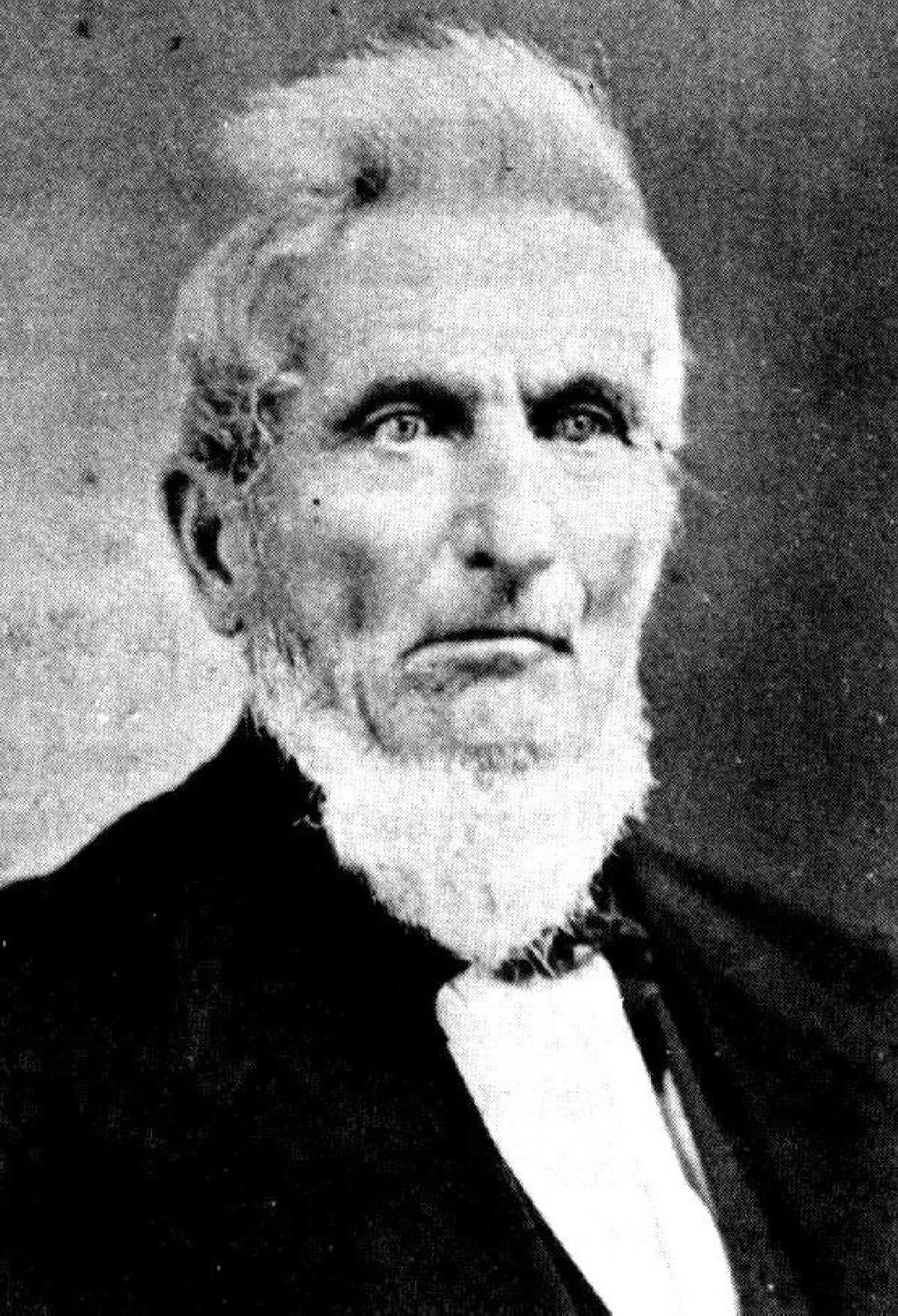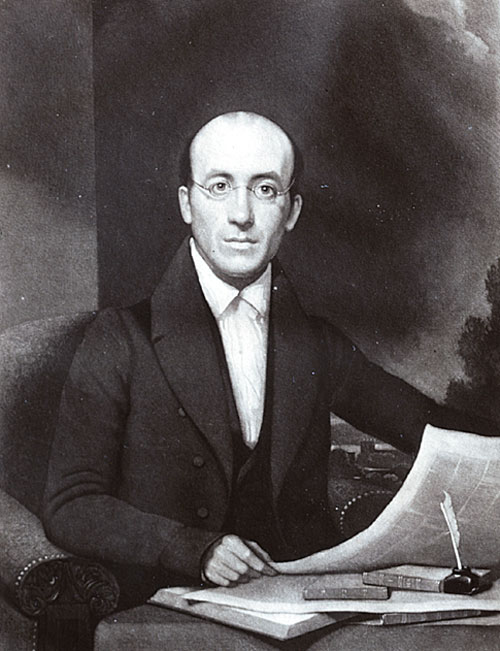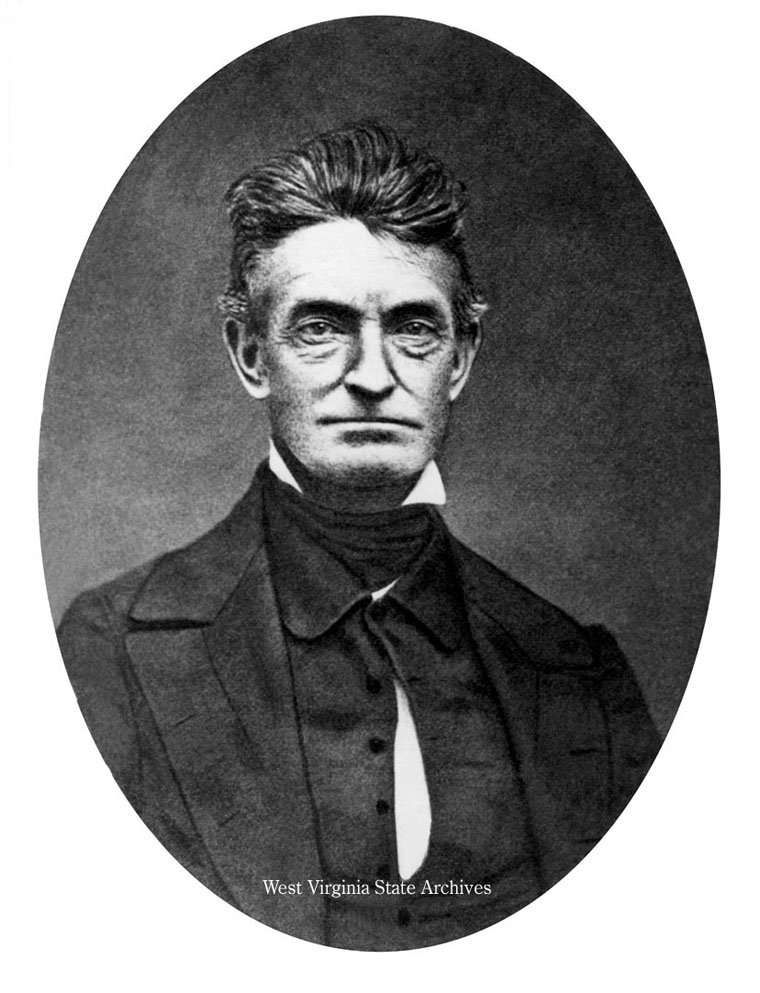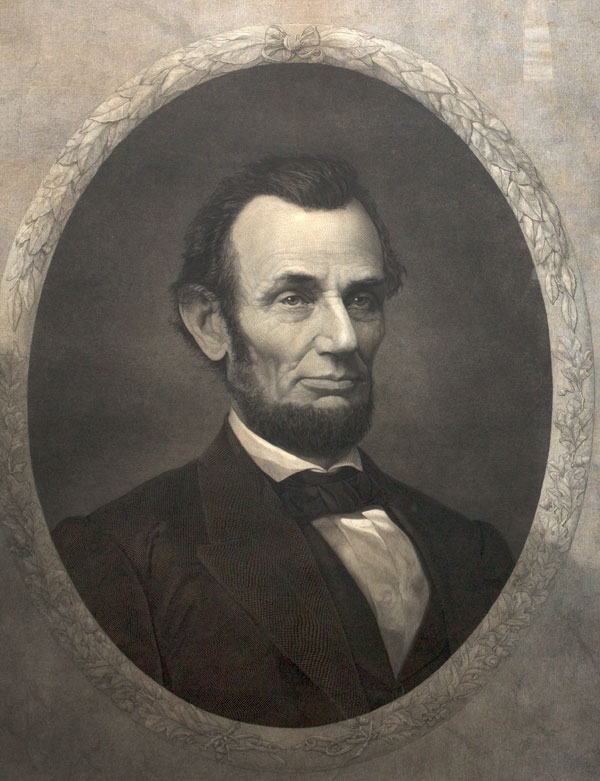1818-1881

Thomas Auld
Upon Colonial Lloyd’s death in 1827, Douglass was awarded to Thomas Auld. Douglass was but a child when he first began to suffer from the injustices of slavery. Douglass, like most of the slave children on the plantation, endured their greatest misery from cold and hunger. "As children, they were given only one sack-like garment and were fed from a "large tray or trough that was set down either on the floor of the kitchen, or out of doors on the ground, and the children were called like so many pigs" (Douglass 520). But it was Thomas Auld, master/slave owner through whom Douglass experienced the harsh mental and physical abuse of slavery and with whom he began a lifelong controversial relationship. Thomas Auld would prove to be a brutal master/slave owner. Ironically a religious man, he would use his religion to justify his abusive nature. Thomas Auld was even known to recite Scriptures while whipping his slaves. Thomas Auld starved his slaves while food spoiled in his storehouse under lock and key. Now starving and desperate, Douglass began to steal and beg for food. Thomas Auld subscribed to the white slave owner's mentally of oppressing the black man, and he enjoyed the powerful feeling it gave him. Thomas Auld and his brother Hugh Auld both exploited Douglass cruelly. Hugh Auld stopped Douglass from learning to read. Hugh Auld believed slaves were to be illiterate, to remain ignorant, and exist only for the sole purpose of obeying their master/slave owner. Thomas Auld would try to break Douglass' defiant spirit, and he intended to break him into submission by hard labor, whipping, and starvation. Douglass would feel Thomas Auld's wrath, and he would take that pain and suffer with it for the rest of his life. It was at this time that Douglass realized he would be “a slave for life [and it] began to bear heavily upon [his] heart” (Douglass 41). Douglass knew that he would need to change his situation, he would need to emancipate himself, he would need to escape. It would be seven years of torture before Douglass would successfully escape and become a free man.
1839-1851

William Lloyd Garrison
Douglass first heard William Lloyd Garrison, a prominent white American abolitionist, after moving to New Bedford, Massachusetts. Douglass was inspired by Garrison’s religious message: the moral-suasion of abolitionism. Garrison preached "prejudice against color was rebellion against God" (Douglass 658). It was 1841 when Garrison first heard Douglass speak at an anti-slavery convention before a white audience. Garrison was so impressed, that Douglass could captivate a white audience, that he hired Douglass to be a lecturer for the Massachusetts Anti-Slavery Society. Initially, the two men seemed to be like-minded in their beliefs. They traveled the country lecturing, writing, distributing literature, and organizing anti-slavery groups. Garrison encouraged and helped Douglass get his first book published. In 1845, he released his first book Narrative of the Life of Frederick Douglass, an American Slave, where he revealed his early life as a slave. Its printing and release forced Douglass to leave the United States for England, to avoid being recaptured and sent back into slavery, and to bring the anti-slavery message to the British. While in England, Douglass continued to spread his anti-slavery message. Upon Douglass' return from England is when controversy occurred between Garrison and himself. Douglass decided to start his own newspaper, The North Star, and this angered Garrison because he would now be in direct competition with his newspaper, The Liberator. Their approach to ending slavery now conflicted: Garrison relied on the Bible to change men’s beliefs and prejudice about slavery. Douglass' viewpoint had changed and now he relied on the U.S. Constitution to fight slavery.
1853-1859

John Brown
Two years after Douglass returned to the United States, he met John Brown. Douglass was impressed and intrigued with Brown. Whenever Brown’s name was spoken, it was in hushed voices. Douglass was eager to discover why. He met Brown at his mercantile business, which appeared successful. It was in a large brick building on a prominent street. However, his residence was a small wood building in a neighborhood “full of laborers and mechanics, plain on the outside, with little to no furniture on the inside, and no servants” (Douglass 717). Douglass determined that Brown was a man of truth, determination, and economy. Brown fiercely opposed slavery and he hoped to reveal his plan of attack. At this point, controversy was mounting between the two men. Brown was resolved that blood would need to be shed. Brown proposed to give every slave a weapon, to create an army using slaves, and to attack the arsenal at Harper’s Ferry. Douglass was against violence and bloodshed. In fact, he was considered an “early progenitor of nonviolent protest movements” (National Park Service). Douglass waited for news of John Brown’s raid on Harper’s Ferry. Douglass feared he would be implicated and recaptured, so he again fled to England.
1860-1865

Abraham Lincoln
Douglass began his controversial relationship with Abraham Lincoln during the 1860 Presidential Election. Douglass refused to vote for Lincoln "because of the candidate's upholding of the Fugitive Slave Law, and his guarantee that slavery would remain in the areas where it already existed" (Cirillo 21). After the Civil War began, Douglass contacted Lincoln on the treatment of black soldiers in the Union army. While encouraging Lincoln to let the black soldiers fight for freedom, Lincoln requested Douglass’s help with recruiting and forming two black regiments, Massachusetts 54th and 55th. Lincoln and Douglass’s lives were very similar: poor, self-taught, hated slavery, and excellent orators. Over the course of Lincoln’s brief presidency, Douglass’s support teetered back and forth. While Douglass respected Lincoln, he felt Lincoln was too slow to act. He disagreed with Lincoln on many issues. They disagreed on the Constitution’s interpretation of slavery, economic justice, interracial marriage, military enforcement of the initial Emancipation Proclamation, and family members serving in the military. On January 31st,1865, Douglass was encouraged when Lincoln was able to pass the 13th Amendment, abolishing slavery.
--Frederick Douglass